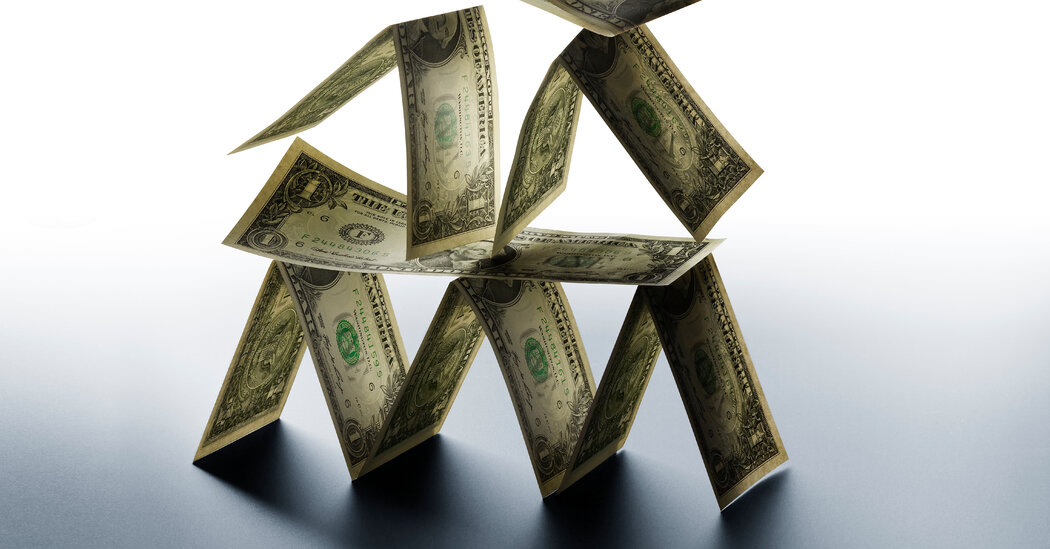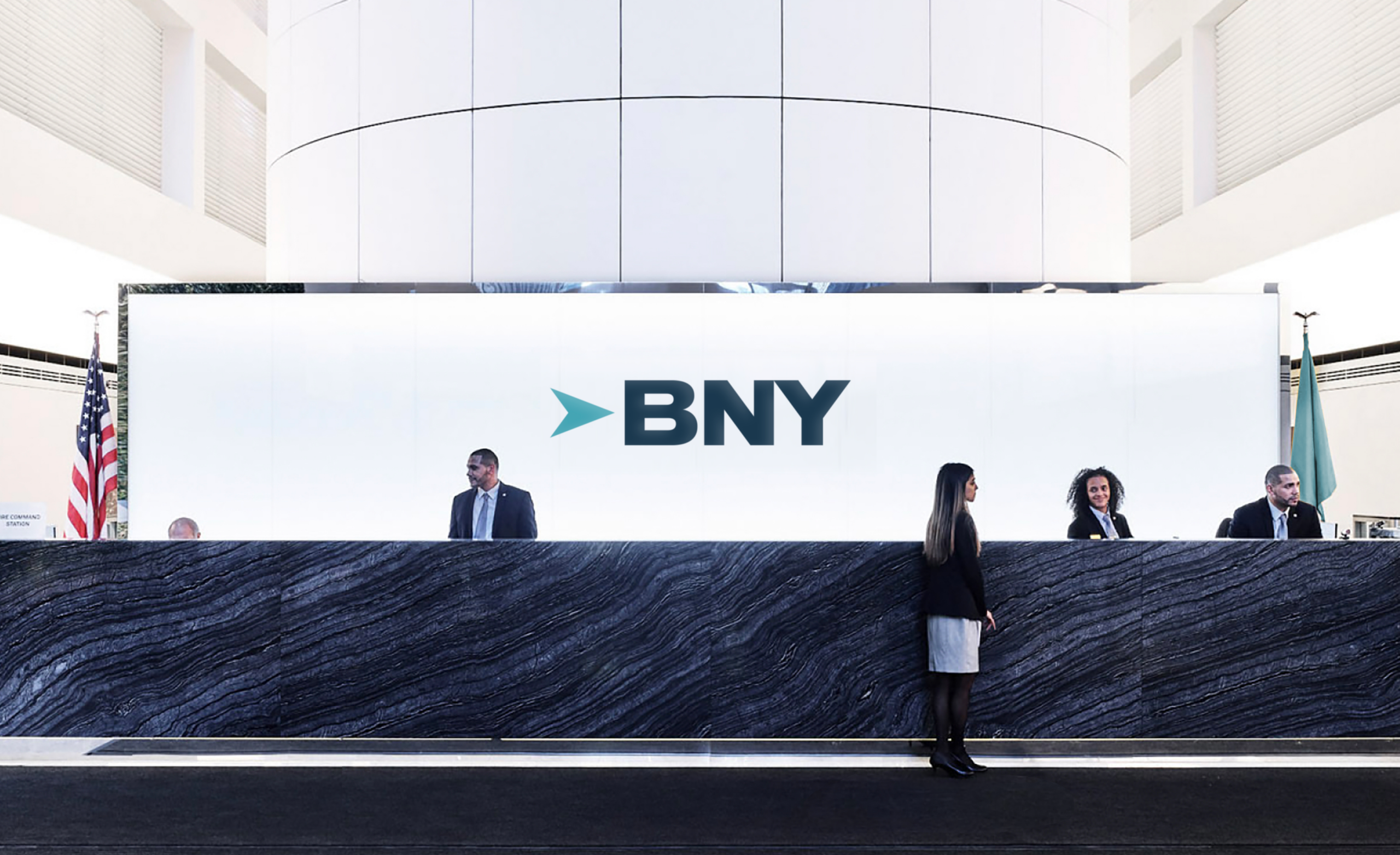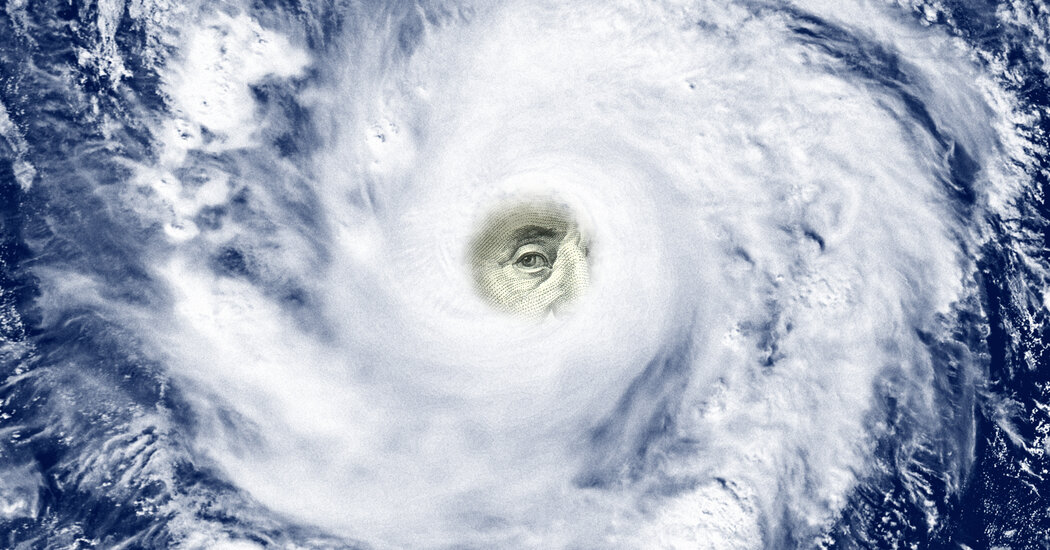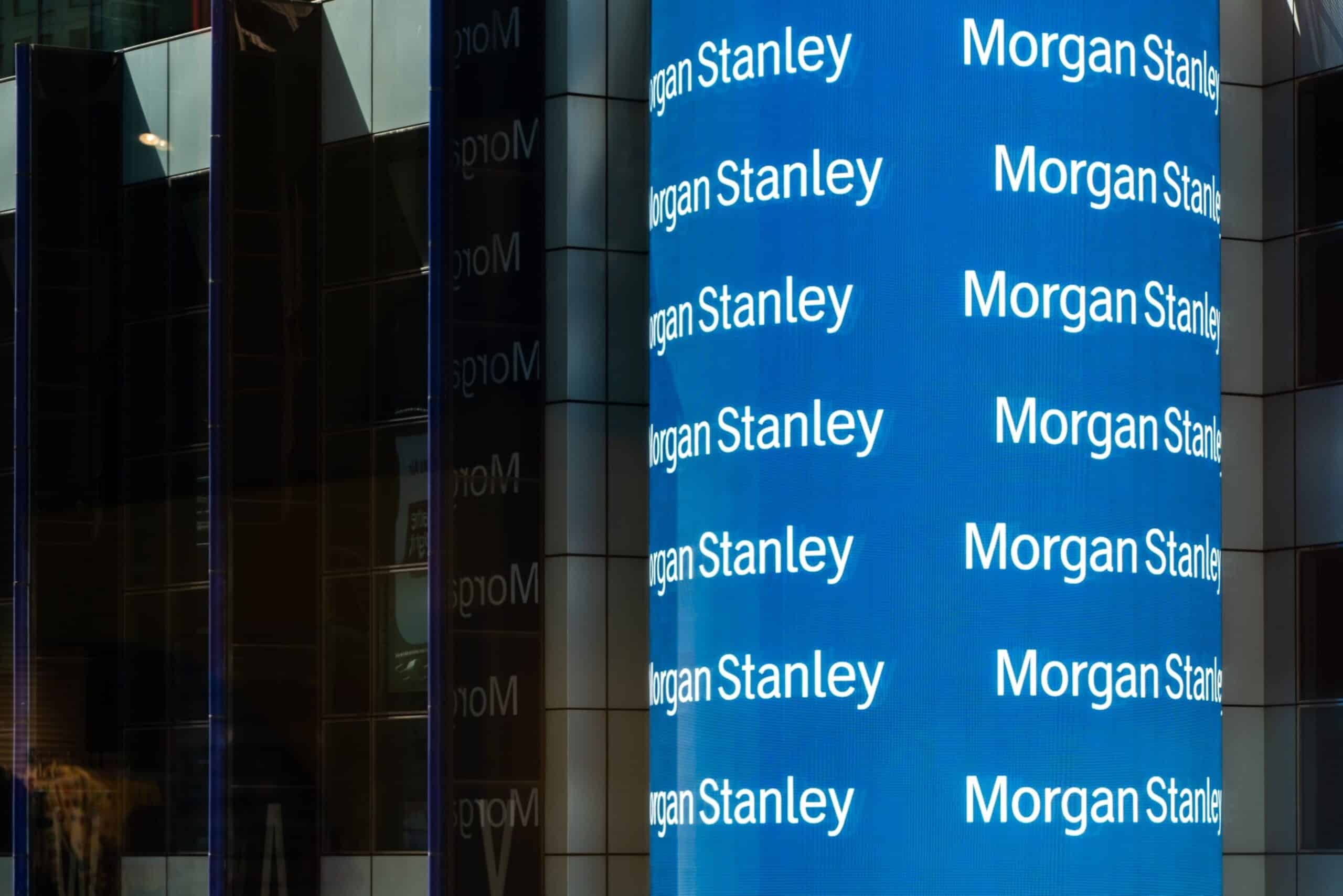
The Group of seven nations may need set a document after they met in Italy final week. Has there ever been a much less widespread assemblage of leaders of the free world? Approval rankings ranged from Giorgia Meloni of Italy’s about 40 p.c to Emmanuel Macron of France’s 21 p.c to Fumio Kishida of Japan’s 13 p.c. Final 12 months the Edelman Belief Barometer discovered that solely 20 p.c of individuals within the G7 nations thought that they and their households can be higher off in 5 years. One other Edelman survey, from 2020, uncovered a broad mistrust of capitalism in nations internationally, “pushed by a rising sense of inequity and unfairness within the system.”
Why the broad dissatisfaction with an financial system that’s supposed to supply unsurpassed prosperity? Ruchir Sharma, the chairman of Rockefeller Worldwide and a Monetary Instances columnist, has a solution that boils down to 2 phrases: straightforward cash. In an eye-opening new guide, “What Went Incorrect With Capitalism,” he makes a convincing case.
“When the value of borrowing cash is zero,” Sharma advised me this week, “the value of every part else goes bonkers.” To take only one instance: In 2010, because the period of ultralow and even unfavourable rates of interest was getting began, the median sale value for a home in the USA hovered round $220,000. By the beginning of this 12 months, it was greater than $420,000.
Nowhere has inflation (within the broad sense of the time period) been extra evident than in world monetary markets. In 1980 they have been value a complete of $12 trillion — equal to the dimensions of the worldwide economic system on the time. After the pandemic, Sharma famous, these markets have been value $390 trillion, or round 4 instances the world’s complete gross home product.
In principle, straightforward cash ought to have broad advantages for normal individuals, from staff with 401(okay)s to shoppers taking out low cost mortgages. In observe, it has destroyed a lot of what used to make capitalism an engine of middle-class prosperity in favor of the previous and really wealthy.
First, there was inflation in actual and monetary belongings, adopted by inflation in client costs, adopted by increased financing prices as rates of interest have risen to struggle inflation — which inevitably begets political strain to return to easy-money insurance policies.
For wealthier Individuals who personal belongings or had locked in low-interest mortgages, this hasn’t been a nasty factor. However for Individuals who rely closely on credit score, it’s been devastating. “For households already strained by excessive costs, dwindling financial savings and slowing wage development, elevated borrowing prices are pushing them nearer to the monetary edge,” The Instances’s Ben Casselman and Jeanna Smialek reported in Might.
Sharma famous extra delicate damages. Since traders “can’t make something on authorities bonds when these yields are close to zero,” he stated, “they take greater dangers, shopping for belongings that promise increased returns, from wonderful artwork to high-yield debt of zombie corporations, which earn too little to make even curiosity funds and survive by taking up new debt.” A latest Related Press evaluation discovered 2,000 of these zombies (as soon as regarded as primarily a Japanese phenomenon) in the USA. Collectively, these firms have a complete of $1.1 trillion in loans to pay between now and September.
The hit to the general economic system is available in different varieties, too: inefficient markets that now not deploy cash fastidiously to their best makes use of, massive companies swallowing smaller opponents and deploying lobbyists to bend authorities guidelines of their favor, the collapse of prudential financial practices. “Probably the most profitable funding technique of the 2010s,” Sharma writes, citing the podcaster Joshua Brown, “would have been to purchase the costliest tech shares after which purchase extra as they rose in value and valuation.”
However the worst hit is to capitalism itself: a pervasive and well-founded sense that the system is damaged and rigged, significantly towards the poor and the younger. “A technology in the past, it took the everyday younger household three years to save lots of as much as the down cost on a house,” Sharma observes within the guide. “By 2019, due to no return on financial savings, it was taking 19 years.”
The social consequence of that is rage; the political consequence is populism.
Sharma isn’t any fan of Bidenomics, which, he advised me, took “the 100-year growth of presidency and put it in overdrive” with unprecedented stimulus packages and politically directed investments. However in contrast to different outstanding Wall Road traders, he isn’t signing up for the Donald Trump bandwagon, both. The previous president loves straightforward cash, tax cuts with out spending cuts and document deficits.
“He promised to deconstruct the executive state however ended up including new guidelines on the similar tempo as his predecessor — 3,000 a 12 months,” Sharma stated of Trump. “His train of presidential authority to private ends shattered historic precedents and did extra to develop than prohibit the scope of presidency. For all their coverage variations, each main U.S. candidates are dedicated and fearless statists, not buddies of aggressive capitalism.”
What occurs when each main events are wedded to 2 variations of the identical failing concepts? And what occurs when main figures of each the progressive left and the populist proper search to compound the issue with even simpler credit score and extra runaway spending?
The reply: We’re wandering in fog. And the precipice is nearer than we expect.



